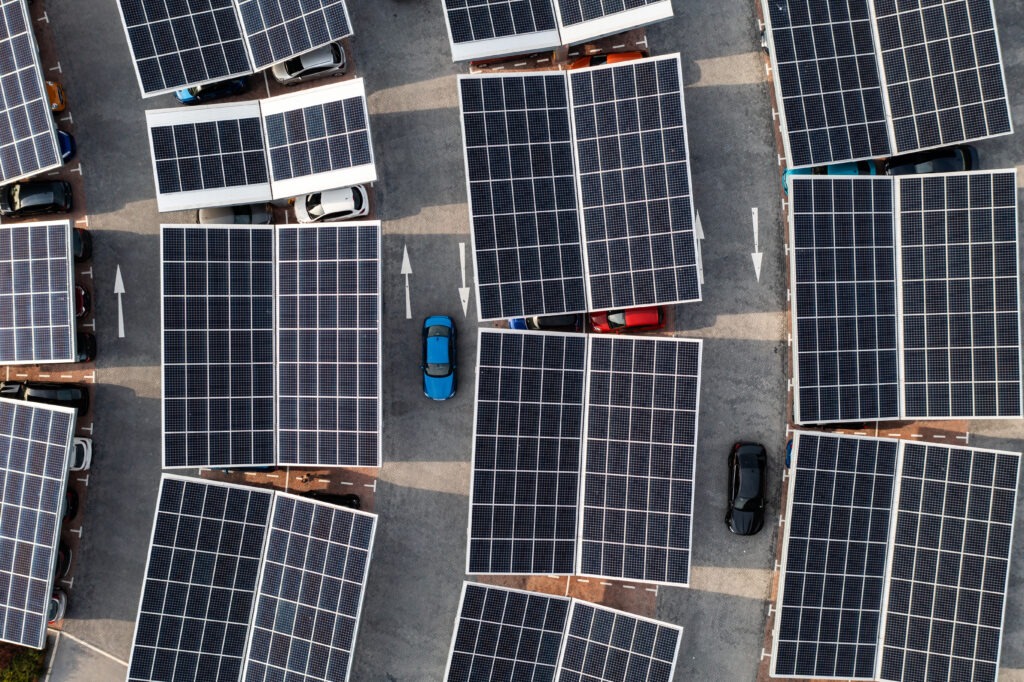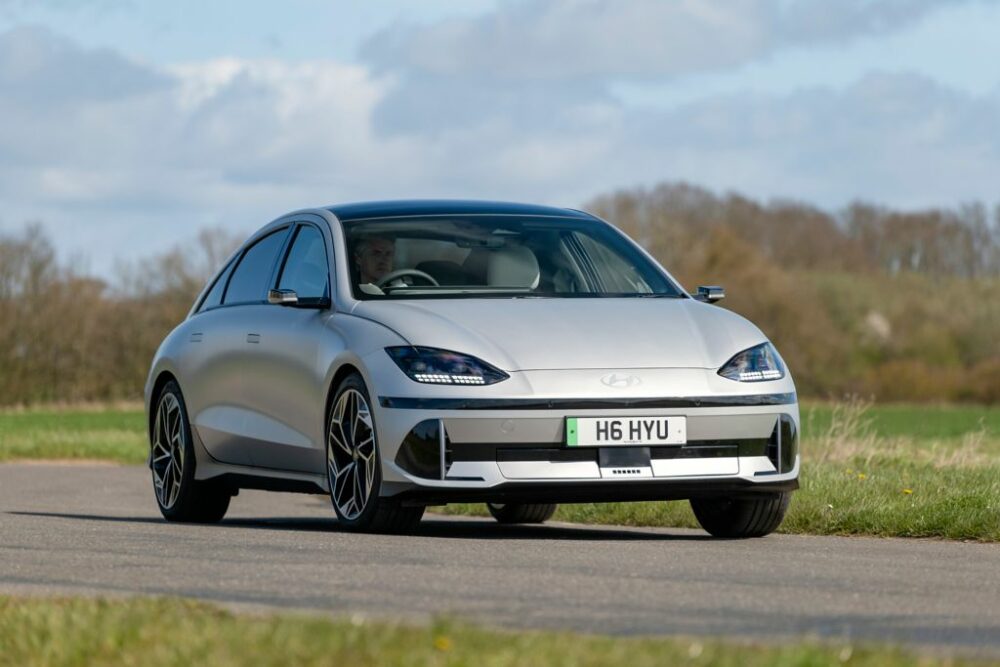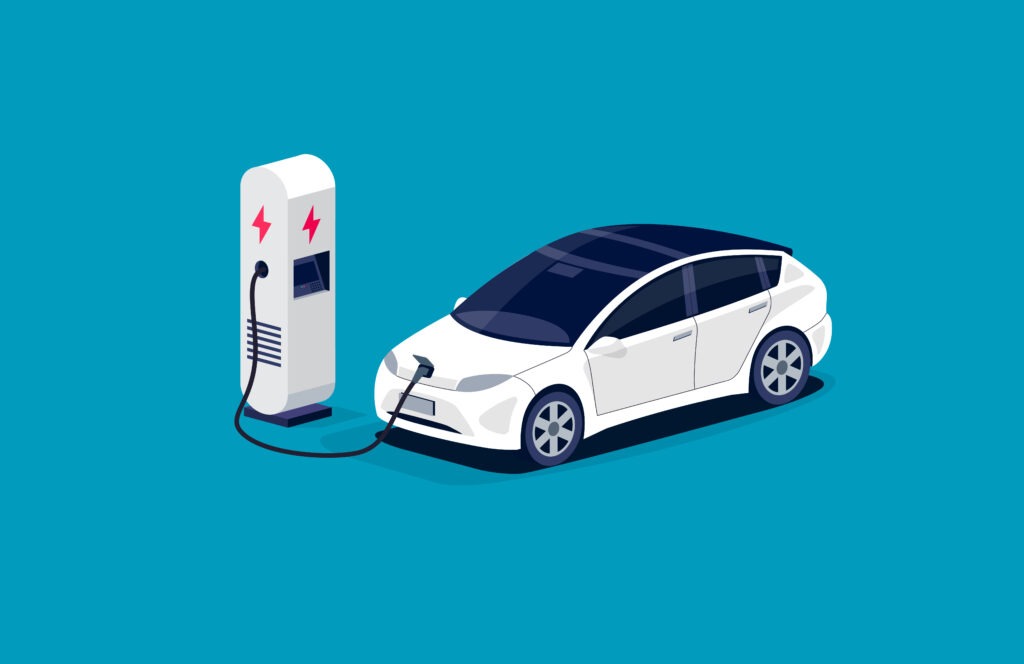Spain on target as French and Italian new-car markets fall short in June
11 July 2023

The new-car markets of France, Italy and Spain all saw year-on-year growth last month. France registered 190,848 units at a growth of 11.5%, while Italy saw 138,927 passenger cars take to the roads, up 9.2%. Spain performed best, its tally of 101,085 representing growth of 13.3% in the month.
However, while these figures look strong, and represent continued recovery for the three markets, both France and Italy fell short of expectations when it comes to forecasts provided by EV-volumes.com (part of Autovista Group). Spain, meanwhile, performed exactly as expected.
This trend is reflected in the year-to-date figures. Spain recorded the highest level of year-on-year growth at 27%, with 505,421 registrations. Italy was not far behind, with a 23% increase representing 841,343 new units. Meanwhile, France saw 889,777 registrations, up 15.3% on the first six months of 2022.
‘The rental sector is currently boosting demand in Spain, buoyed by the healthy return of tourism. But there are downside risks in all markets as pent-up demand is increasingly satisfied and manufacturers rely on new order intake,’ said Neil King, forecasting lead at EV-volumes.com.
Last year continues to offer an uneven base of comparison, as vehicle deliveries were delayed due to the supply-chain crisis. This meant registration figures in the first half of the year were lower than usual. This backlog began to clear in the latter part of 2022, meaning higher than average registration numbers which will also offer irregular comparisons. Only late this year might a genuine rate of recovery reveal itself.
Compared with the pre-pandemic figures of 2019, June saw France, Italy and Spain fall by 17.3%, 19.3%, and 22.5%. Furthermore, the recovery of these markets appears prolonged. Up until 2035, EV-volumes.com forecasts point to a broad trend of shrinking year-on-year growth, with declines in 2031 and 2032, followed by marginal corrections in 2033 and 2034.
‘Nevertheless, the market share development of electric vehicles (EVs) continues apace, in line with EV-volumes.com forecasts. We expect EVs to account for about 25% of the French new-car market and 10% of the Italian and Spanish new-car markets in 2023,’ King said.
Electrifying France
Data published by the French carmaker’s association the CCFA, highlighted that 190,848 new passenger cars were registered in June, up 11.5% year on year. But, the seasonally-adjusted annualised rate (SAAR) offers a more balanced overview of new-car registrations.
SAAR breaks down monthly figures as a percentage of the end-of-year total and then calculates an average based on an extended period. France saw its SAAR hit 1.75 million last month, up from 1.7 million in May.
Given the country’s push to reduce emissions from high-polluting vehicles, with initiatives such as low-emission zones (ZFEs), the share of electrified powertrains in the country is important. EV-volumes.com forecasts that France will see battery-electric vehicles (BEVs) climb to a share of 17% by the end of 2023, with plug-in hybrids (PHEVs) reaching 8.8%.
Additionally, carmakers are sizing up the country for EV-based investments, which will help ensure localised production. Alongside Mercedes-Benz and TotalEnergies, Stellantis recently inaugurated a gigafactory in Billy-Berclau Douvrin, France. There are also reports that Tesla is considering a local investment.
Overall, the country is expected to hit 1.67 million new passenger car registrations by the end of this year. This will then continue to climb, with 1.77 million units in 2024, 1.81 million in 2025 and 1.91 million in 2026.
Italy’s summer lull
ANFIA, Italy’s automotive industry association, confirmed that the country’s new-car market saw 138,927 registrations in June, up 9.2% year on year. Meanwhile, the SAAR hit 1.5 million in June, up from 1.49 million in May.
ANFIA highlighted that the summer months see a natural downward trend in new-car registrations. Plus, potential buyers are also waiting on the remodulation of low-emission vehicle incentives, as well as the implementation of improved charging infrastructure.
‘A plurality of tools and technologies are needed to design a viable and sustainable transition and it is important that industry and politics work together, basing their respective actions on an open and honest dialogue,’ said Roberto Vavassori, president of ANFIA.
‘One of the open topics within this dialogue is the development of charging infrastructure, on which our country is still lagging behind, despite being a priority element for the transition to electrification. To aggravate the situation, some of the tools that the government is putting in place to support the charging network are struggling to take off,’ Vavassori added.
EV-volumes.com expects BEVs to take a 5.1% share of the Italian new-car market this year, with PHEVs slightly behind at 4.5%. Overall, the country is forecast to see 1.49 million new cars registered this year, which would be a 13.5% increase on 2022.
Spain over 100,000 mark
For the first time in 2023, the Spanish new-car market saw over 100,000 registrations. Reaching 101,085 units, the market saw a year-on-year increase of 13.3%, according to the latest data from industry association ANFAC. The SAAR also improved, up to 943,391 in June from 925,096 in May.
ANFAC explained that the month’s positive outcome was driven by an improvement in vehicle production and a growth in rental car sales in the summer period. This channel saw a growth of 48.8%, responsible for 24,699 units. With respective increases of 8.5% and 1.9%, private buyers and businesses also helped towards the good performance in the month.
‘Purchases that have been possible thanks to a stabilisation in the supply chain of parts and semiconductors,’ said Félix García, director of communication and marketing of ANFAC. ‘These are positive data that make us continue to trust that the market will close at around 950,000 units.’
He added that reaching one million units will depend on levels of demand in the final four months of 2023 and how interest rates above 4% will impact customer purchasing decisions.’ EV-volumes.com forecasts that Spain will end 2023 up 13.2% on 2022, with 920,421 new-car registrations. Of those units, BEVs are expected to account for 4.5%, and PHEVs at 6%.



